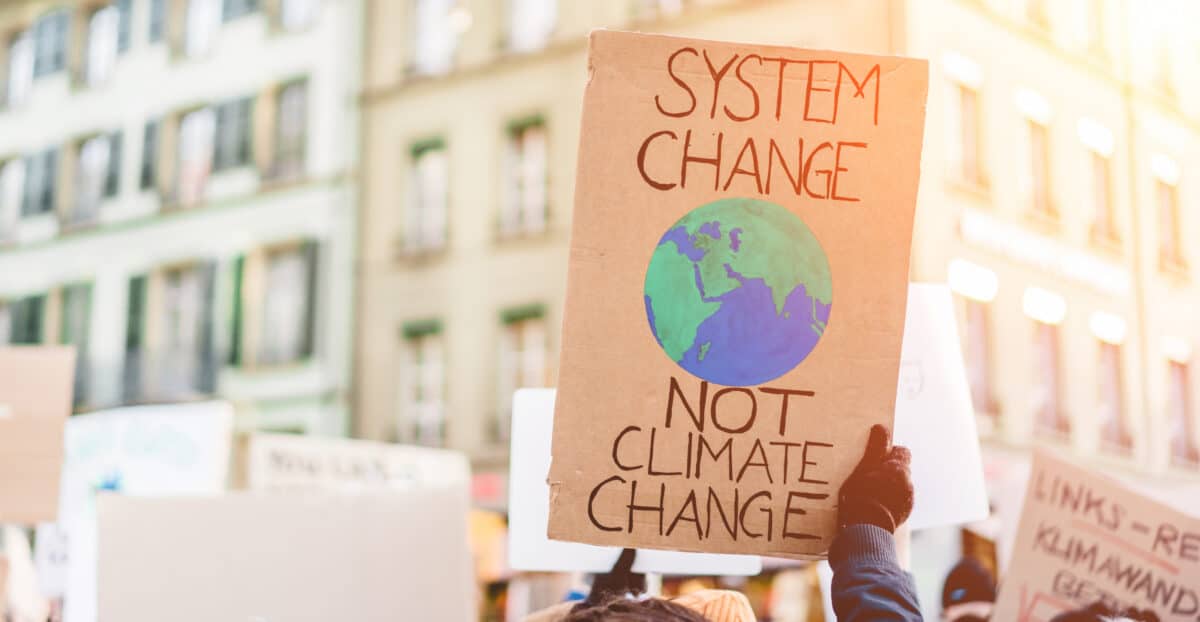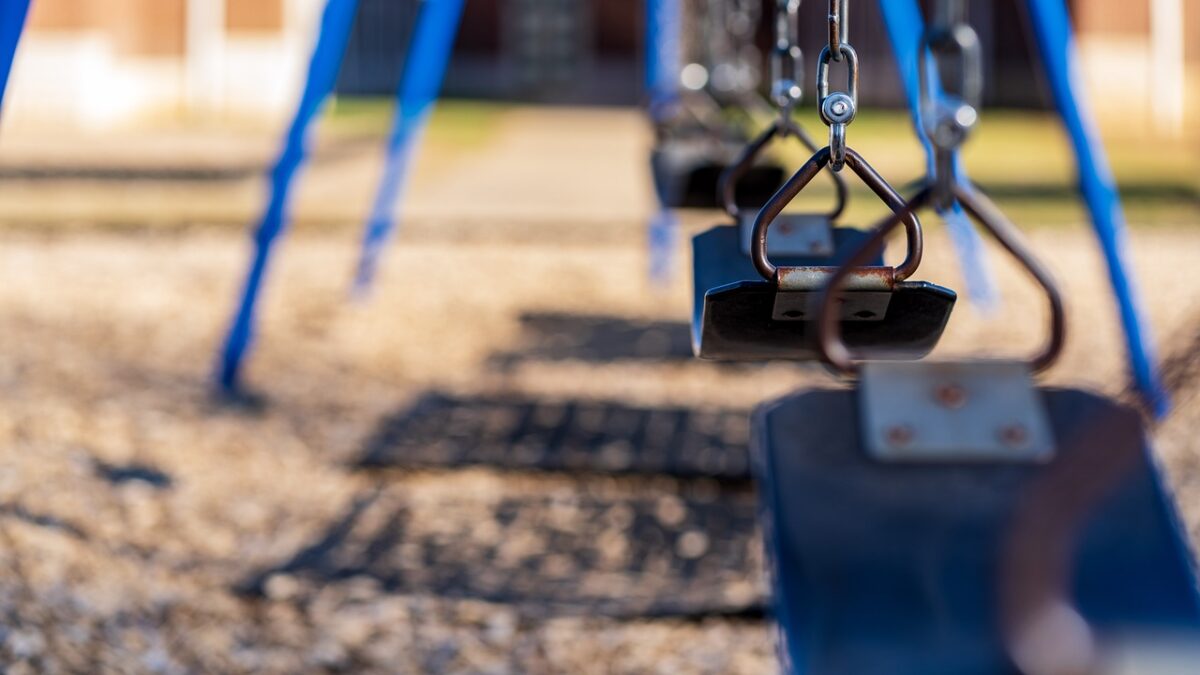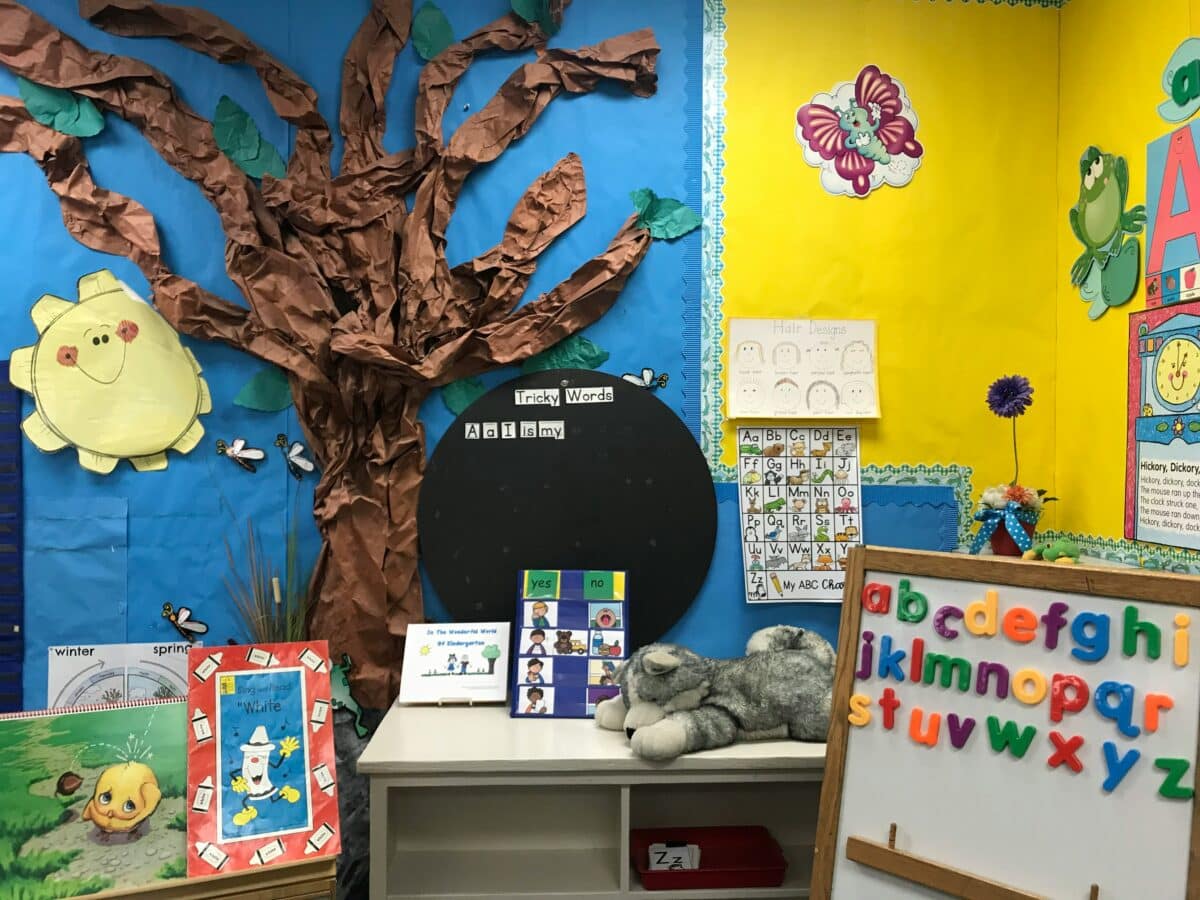Latest Article

Why Killing OPT Hurts American Workers More Than It Helps
"OPT is not about ‘foreigners’ taking American jobs. It is about ensuring that future generations of Americans inherit a nation that continues to lead in science, technology, and higher education. Policymakers should strengthen oversight where needed but preserve and expand OPT as a strategic pillar of U.S. innovation, workforce competitiveness, and global influence."Explore all Articles
filter by–Region
filter by–Country
search by–Keyword

Why Are We Not Talking About Climate Change’s Role in Escalating Gender-Based Violence?
04.22.25
“The world today has no shortage of climate shocks, and its impacts continue to be dangerously and disproportionately felt by marginalized groups, perpetuating an enduring cycle of violence.”

Building Wealth Early: Why America Needs Mandatory Financial Literacy Education
03.14.25
“Equipping young people to manage money effectively ensures they can afford critical life milestones, like homeownership, family planning, and eliminating student debt, rather than struggling with financial insecurity for decades.”

Suturing the Benefit Gap
03.10.25
“Imagine a world where low-income individuals walk into a community health clinic for a check-up and leave with the financial resources to build a healthier, more secure future for their families. That vision is now a reality.”

Education as a Diplomatic Tool: Bridging U.S.-China Divides for a Collaborative Future
01.17.25
“Unlike political agreements often marked by contention and short-term interests, education and research transcend borders, driven by collaboration and a shared pursuit of progress. By viewing education exchanges as strategic platforms for cultivating long-term relationships and mutual respect, the U.S. and China can foster cooperation and build deeper, more enduring bonds of trust.”

Disrupting the Supreme Court Decision: How Universities Can Increase Diversity in a Post Affirmative Action Climate
01.16.25
“The fallout from the U.S. Supreme Court’s affirmative action ban drastically decreased enrollment opportunities for Students of Color and changed the landscape of higher education… If top schools hope to promote inclusion and mitigate the effects of the affirmative action ban, they should widen the transfer pipeline by adjusting their recruitment efforts, admitting more students from two-year community colleges, as well as evaluating internal perceptions of transfer students.”

In Support of Risky Play
11.26.24
Risk-taking in play is essential for childhood development. It helps children test their physical limits, develop their perceptual-motor capacity, and learn to avoid and adjust to dangerous environments and activities.

Interview with African Union Youth Envoy Chido Mpemba
05.29.24
On April 13, 2024, HKS Student Policy Review Senior Editor John McQuillan spoke with Chido Mpemba. The coversation focused on a range of topics related to young people in Africa.

Advancing Inclusive Eye Care Policies in Pakistan: An Interview with Sumrana Yasmin
05.27.24
Harvard Medical and Business School student Azeb Yirga interviews Sumrana Yasmin, Deputy Director of Eye Health for Sightsavers, about advancing inclusive eye care policies in Pakistan.

Interview with President of the Ebay Foundation Allie Ottoboni: Corporate Philanthropy
05.8.24
On March 21, 2024, HKS Student Policy Review Senior Editor John McQuillan spoke with Allie Ottoboni. The conversation focused on a range of topics related to corporate philanthropy.

Bankrolling Change in Massachusetts Schools: A Pathway to LGBTQ+ Inclusion
04.29.24
Blue states like Massachusetts are particularly well-positioned to lead the charge in applying innovative and intensive strategies to protect, support, and nurture queer and marginalized youth.

An Effective Public Private Partnership Solution for Addressing Sanitation in Slums: The Suvidha Centers in India
04.25.24
One model to provide sanitation in India’s slums is Suvidha (‘convenience’ in Hindi) centers: modern and large community water and sanitation complexes. The centers provide an important service to the community, provide employment, build capacity among workers and are financially sustainable.

Making a Case for the Right to Preschool
04.23.24
High-quality early childhood education has life-long academic, developmental, and social impacts, but access to early childhood education differs substantially for children from different backgrounds. This disparity poses a complex issue: do children have a right to publicly funded preschool?